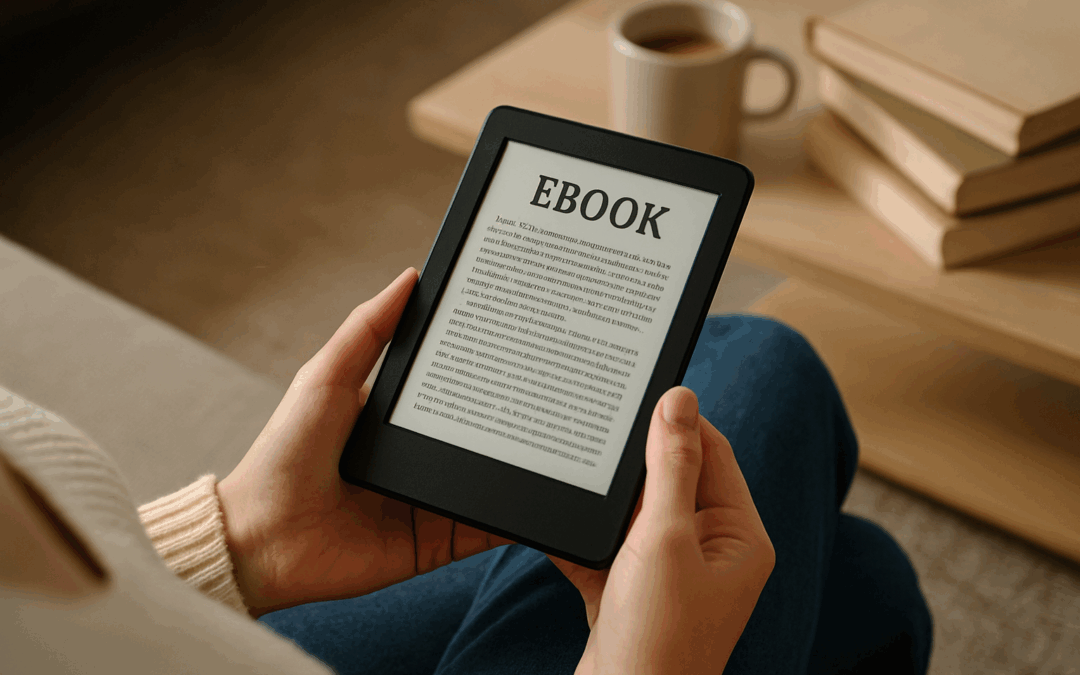Words That Soothe the Mind
Stress leaves its fingerprints on every part of life. Long workdays blend into restless nights and the weight of uncertainty often makes the smallest things feel heavy. In such moments reading has always been a shelter. The quiet rhythm of turning pages or tapping a screen offers a pause from noise. It slows the pulse and softens the edge of the day.
E-books carry this same comfort while opening doors that printed shelves cannot. They travel in a pocket and wait for the exact moment a mind needs to rest. Many people use Zlibrary to find a wider range of books and discover voices that speak directly to their struggles. This simple act of choosing a story or a poem creates space between stress and self. It is less about escape and more about finding a language for inner storms.
A Library for Every Mood
Not every kind of stress needs the same balm. Sometimes a light novel filled with laughter untangles a knot in the chest. At other times a thoughtful essay steadies wandering thoughts. E-books allow an instant shift between genres and moods. A person can step into a thriller on the commute home and then return to a book of meditations before sleep. This flexibility mirrors the ups and downs of real life and makes reading less rigid.
There is also comfort in the sheer range of voices available. Shelves in a neighborhood library might carry familiar names while digital libraries open paths to writers across continents. This widening of horizons matters during hard seasons. A poem from another culture or a memoir from someone who has endured deep trials can remind the reader that hardship has many forms and survival has many faces. Such recognition eases the sense of being alone in the struggle.
A few ways e-books help carry burdens stand out most clearly:
- Escape through Story
Stories have always been medicine for the heart. An e-book with a gripping plot holds attention in a way that distracts from constant worry. As the mind follows a hero across mountains or through city streets the grip of daily anxiety loosens. Even brief reading sessions shift focus from inner chatter to unfolding drama. The beauty of e-books lies in their portability. A stressful waiting room or a crowded train becomes less oppressive when a world of characters is a tap away. Over time these small moments of reprieve add up to a stronger ability to cope with stress.
- Reflection through Nonfiction
Essays and reflective works help frame problems in a way that makes them less overwhelming. Reading about resilience science or philosophy does not erase troubles but it places them in a larger story. When stress grows heavy such perspective can bring clarity. An e-book on mindfulness or ancient wisdom offers guidance without demanding rigid schedules or costly courses. The reader can pause highlight and return as needed. Over days and weeks these insights slowly weave into thought patterns. The quiet act of reflection builds resilience one page at a time and provides anchors when life sways.
- Connection through Shared Experience
Memoirs and personal accounts create a bridge between lives. Reading how another person endured loss illness or upheaval can lighten the load. It is the recognition that pain is not solitary. Digital libraries often host thousands of such voices spanning cultures and times. This variety ensures that every reader can find a story that resonates. The presence of shared human experience in an e-book gives comfort that no conversation could fully replace. It becomes a silent dialogue between souls across distance and time and this connection nurtures strength even when stress feels isolating.
The healing role of e-books is not tied to a single style. It grows from the interplay of imagination reflection and connection. The balance of these elements keeps reading fresh rather than routine.
The Rhythm of Everyday Relief
Stress rarely leaves for good. It comes in waves and so the tools to face it must be close at hand. E-books fit into this rhythm with ease. A novel can wait on the phone for a five minute break at work. A poem can be read in the quiet before dawn. These small rituals remind the mind that peace can be claimed in fragments rather than only in long stretches. Over time the practice of opening an e-book during tense moments becomes second nature.
Cultural habits support this idea too. In some households the evening news once marked the close of day. Now for many it is the glow of a screen filled with words that signals rest. The change is not about technology alone but about how humans continue to reach for stories in order to make sense of their world.
Stories as Lifelines
Books have always been more than entertainment. They are lifelines that tie a person to imagination courage and memory. In times when pressure mounts e-books carry that role with quiet strength. They bend to the rhythms of modern life yet preserve the timeless gift of reading. Whether through laughter reflection or recognition they give shape to feelings that otherwise remain tangled. In the act of reading stress loses its hold and the path ahead feels lighter.

